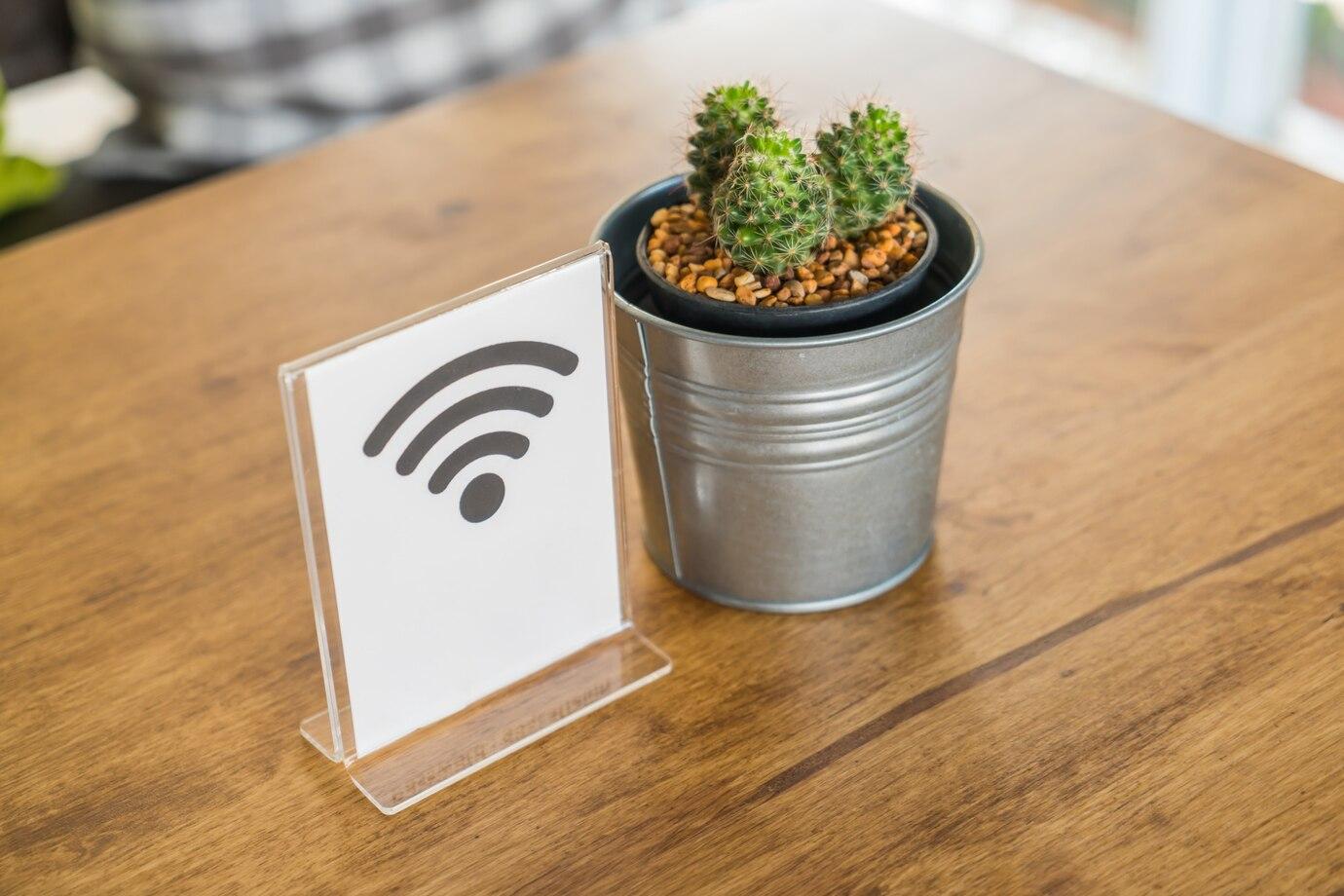In today's world, internet access has become an integral part of our lives. We use it for work, communication, entertainment, and, of course, financial transactions. Public Wi-Fi networks offered by cafes, airports, and other public places provide convenience, but they also pose a serious threat to the security of banking data.
What is Public Wi-Fi and Why is it Dangerous?
Public Wi-Fi is networks open for connection by anyone. They are called «public» because no password or special authentication is required to access them. Communication in such networks is often not encrypted, making them an easy target for cybercriminals.
The problem with public Wi-Fi is that they may be unreliable. This means that an attacker within the same network can intercept user data, such as logins, passwords, and bank card information. According to a study conducted by Norton, more than 60% of public Wi-Fi users are unaware of the risks associated with using such networks.
These networks can also be used for more complex attacks, such as Man-in-the-Middle. In such attacks, the attacker positions themselves between the user and the server (e.g., a bank or online store), intercepting and modifying data. This allows fraudsters to easily deceive victims and obtain their personal data.
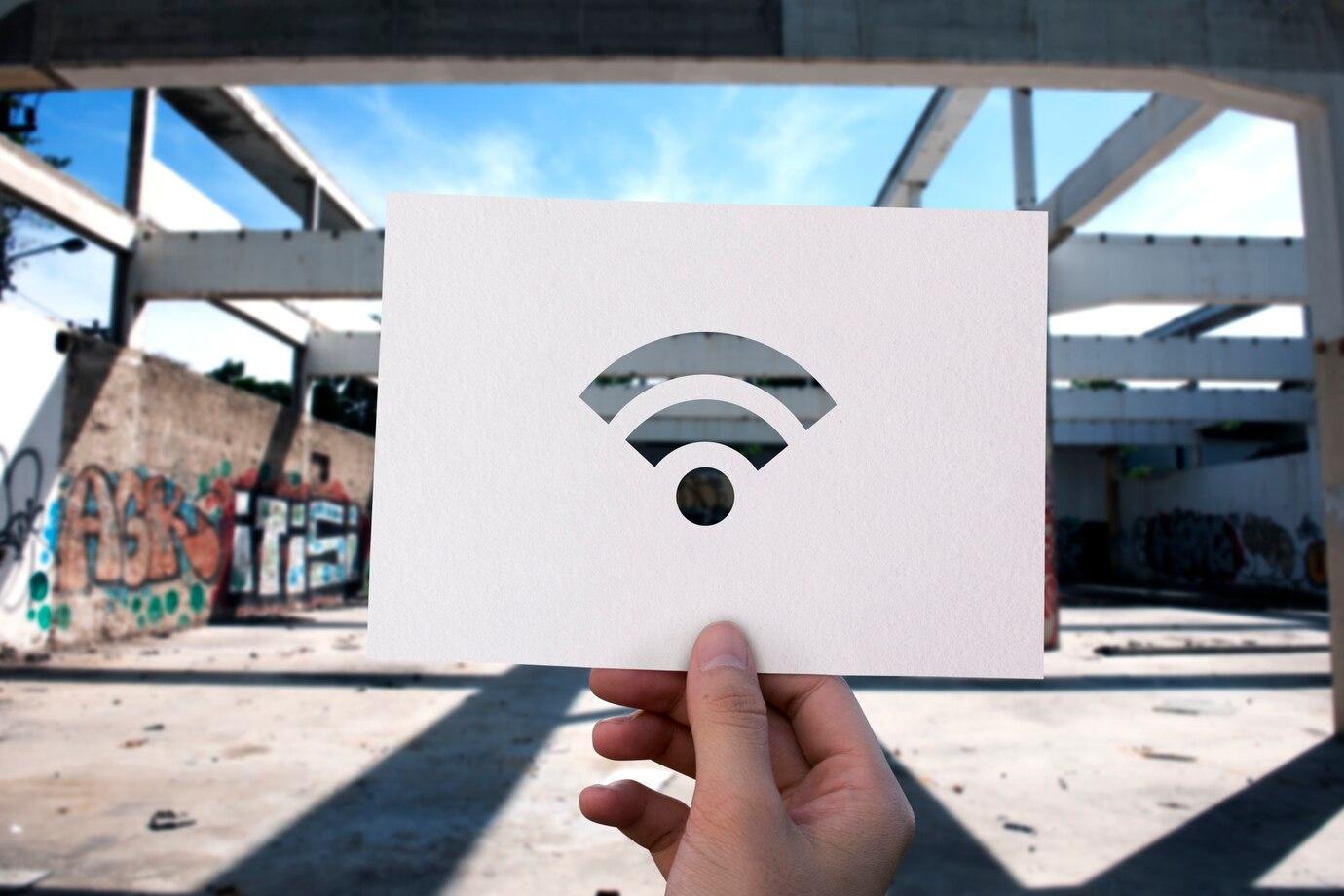
How Fraudsters Steal Banking Data Through Public Wi-Fi
How exactly do attackers use public networks to steal banking data? There are several common methods.
Password Sniffing
One of the simplest ways of hacking is using specialized software that allows capturing network traffic. Attackers can see what data is being transmitted, including passwords and card numbers. Tools like Wireshark allow analyzing data passing through the network, making them popular among hackers.
Phishing
Phishing is a method where fraudsters create fake websites that look identical to legitimate resources. Users connected to public Wi-Fi may receive a message that their security session has expired and are asked to enter their login and password on the fake site. These data are instantly transmitted to the criminal.
Malware
There is also a risk associated with installing malware on users' devices. Attackers can infect public access points with malicious software that will scan devices for vulnerabilities and steal data. This can be done, for example, by creating a fake access point with the same name as a legitimate network.
Network Attacks
Fraudsters can use network attack methods to intercept data transmitted between devices on the same network. This allows them to manipulate traffic and extract valuable information. Such methods require high technical skills, and not all attackers can use them, but it is a potential threat.
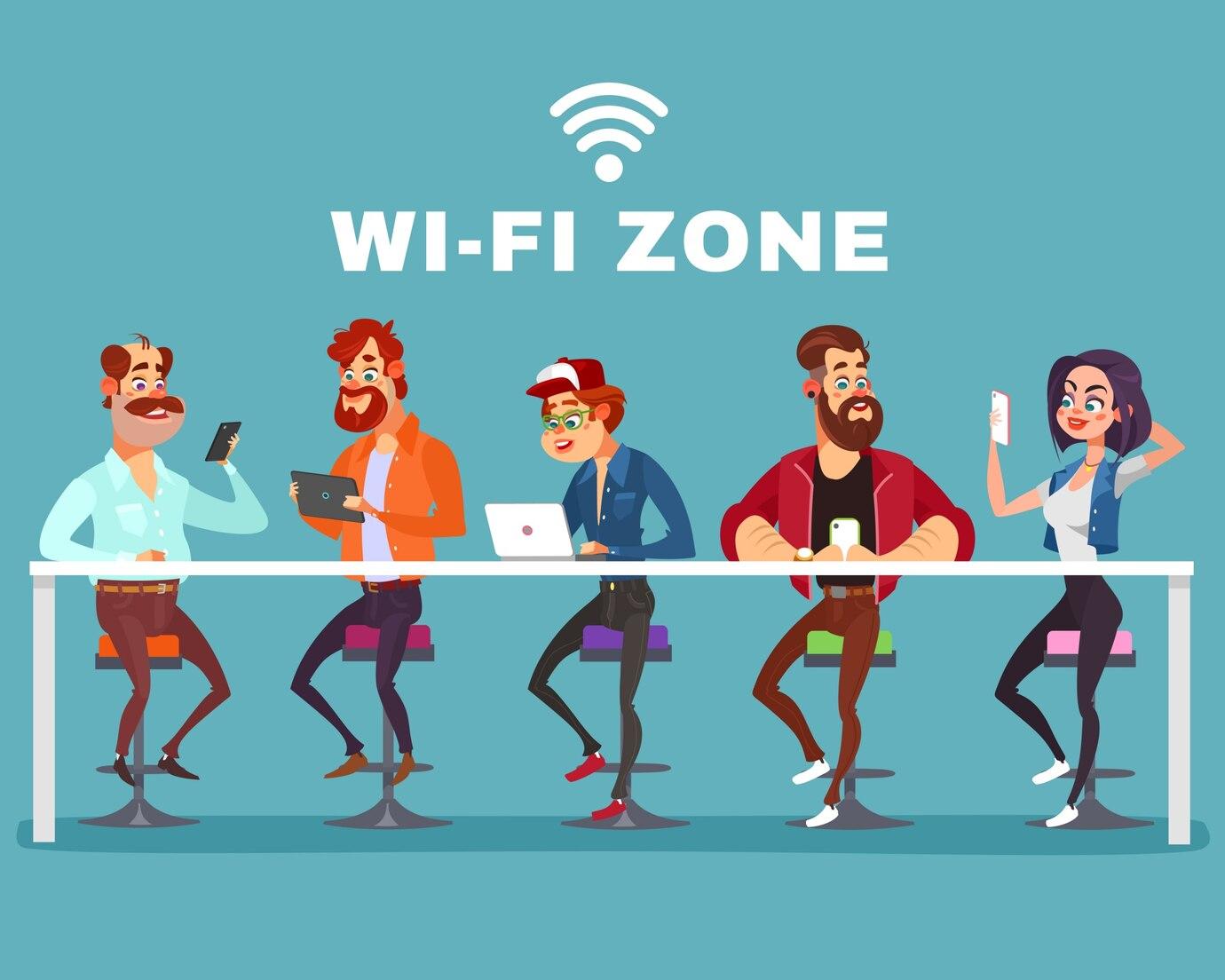
How to Protect Your Data in Public Networks?
Despite the risks, there are effective measures that can help protect your financial data when using public Wi-Fi. Here are some security principles that are important to follow.
Use a VPN
One of the most effective ways to protect yourself is by using a Virtual Private Network. A VPN creates an encrypted connection that protects your data from prying eyes. Even if an attacker intercepts the traffic, they won't be able to read it due to encryption. Many VPN providers offer paid and free services, but it's important to choose only reliable services.
Do Not Enter Confidential Information
Avoid logging into online banking or performing financial transactions over public Wi-Fi. If possible, wait to connect to a more secure network. Similarly, don't enter your data on suspicious sites. Pay attention to URLs, noting the presence of HTTPS.
Disable Automatic Connection
Disable the automatic connection feature to open networks on your device. This will help avoid accidental connection to fake Wi-Fi, which is created by fraudsters. It is recommended always to manually check the network name you are connecting to.
Use Two-Factor Authentication
Two-factor authentication provides an additional layer of security. This method requires not only entering a password but also confirming your identity with an additional code sent to your phone or email. This significantly complicates the task for fraudsters.
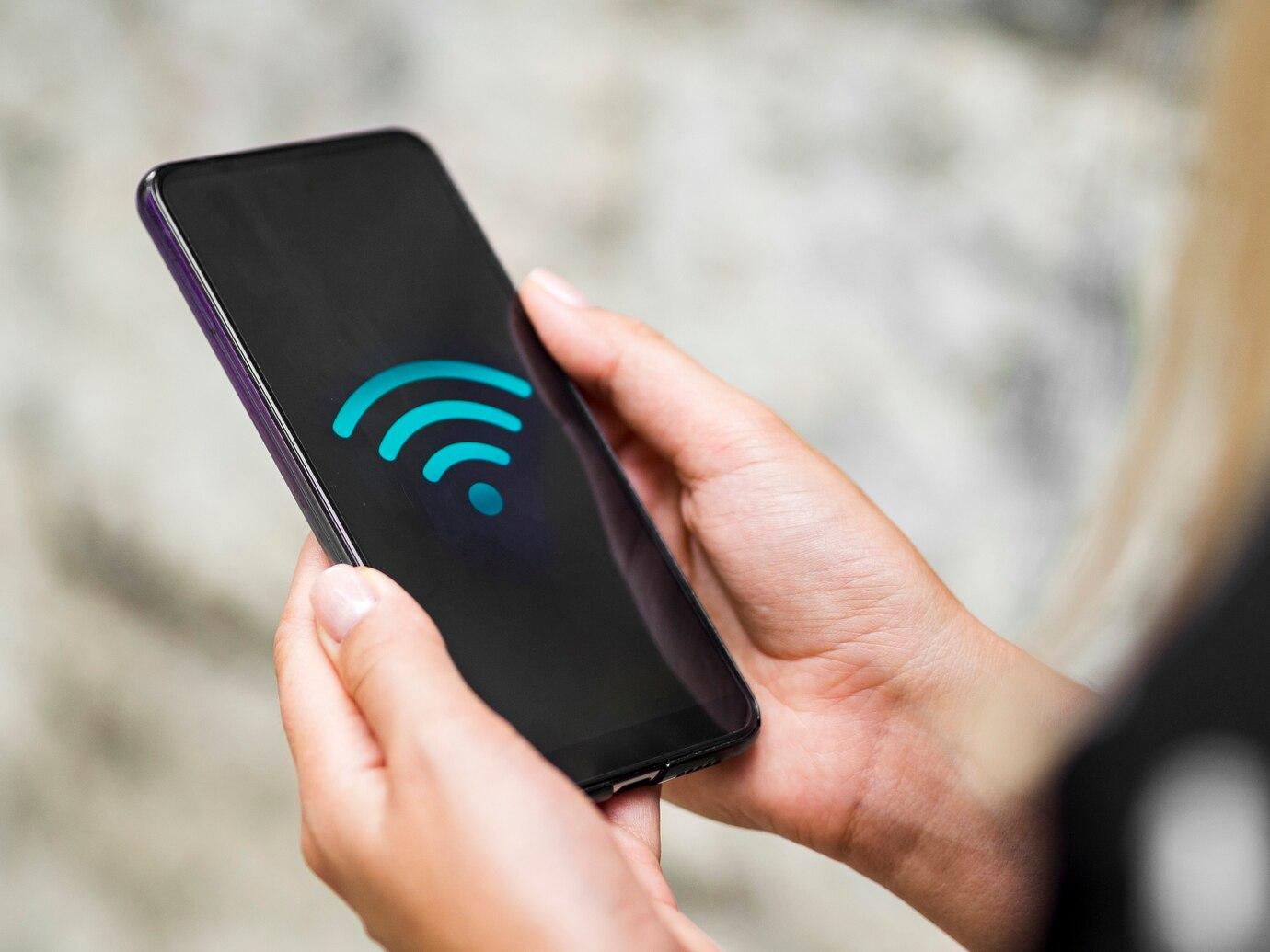
Update Your Devices and Applications
Regular software updates of devices and applications help protect your data from potential vulnerabilities. Fraudsters can exploit outdated software versions for attacks. Keep updates and antiviruses current.
Use Antivirus Software
Having reliable antivirus software on your device also helps protect against many threats associated with using public networks. Antiviruses can identify potentially dangerous files and block them.
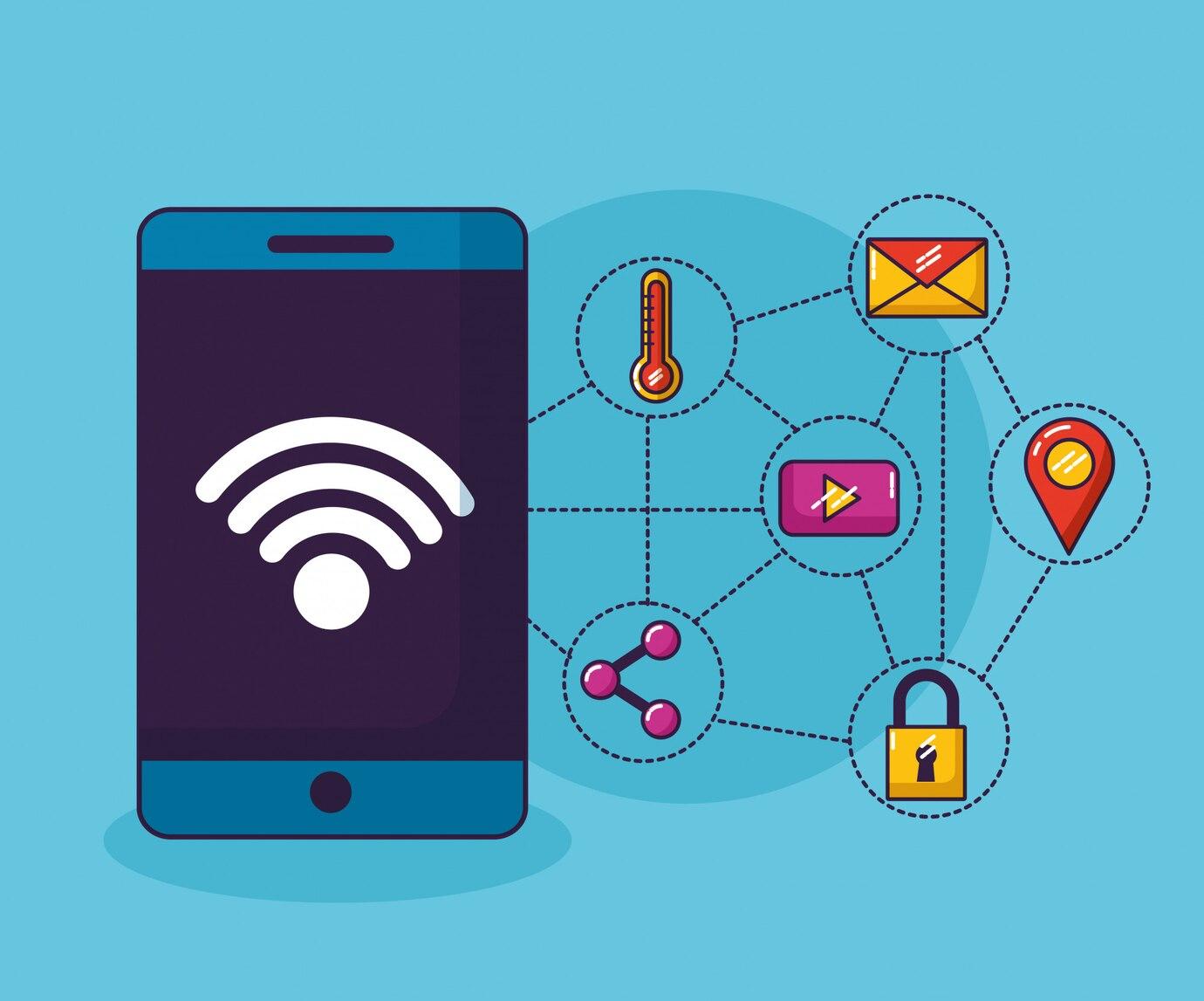
Conclusion
Public Wi-Fi provides the convenience of internet access but also carries serious risks. Fraudsters can easily use such networks to steal banking data, relying on various attack methods. However, by following simple security rules and applying appropriate protection technologies, you can significantly reduce your chances of becoming a victim of cybercriminals. Remember that your safety depends only on you. Be careful, and always think before entering your confidential data online.
